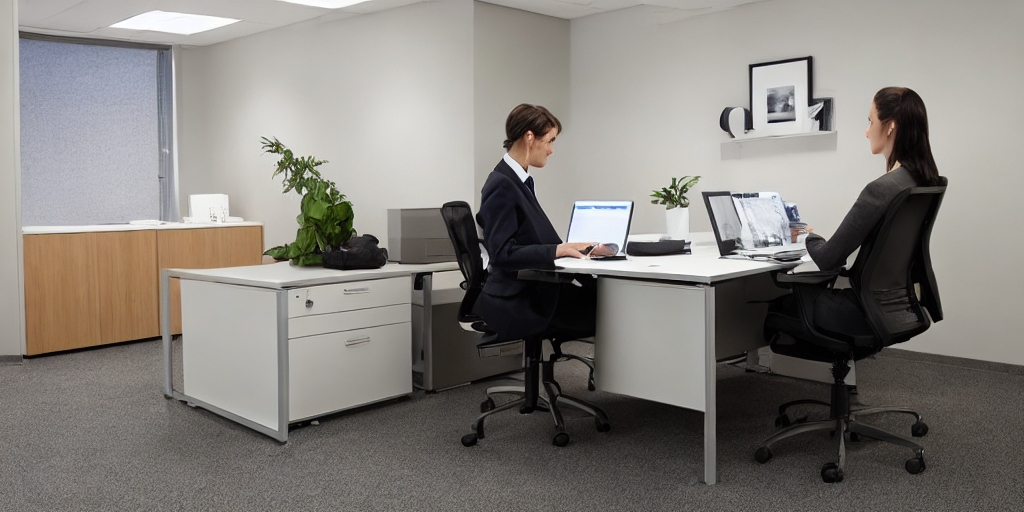
Remote Work & The Office: The Evolution
Some companies are steering back towards office-centric models, signaling a notable shift in workplace dynamics. According to Michael Scissons, CEO of Careerlist, firms, especially in public and mid-market private equity sectors, are nudging employees to spend more time in-office, with many expecting at least three days a week. Even senior roles, once remote-friendly, now require periodic office presence, reflecting a broader trend towards physical workspaces. However, the push towards the office isn't uniform. Regional disparities exist, with states like Florida and Texas seeing fewer remote setups due to less stringent pandemic measures. Additionally, industries vary in their approach, with no universal standard emerging.
This disconnect between employee preferences, especially for those with familial responsibilities, and corporate expectations underscores the evolving nature of work policies. Enforcement methods differ across companies, ranging from non-promotional penalties for remote workers to strict "in or out" mandates. Scissons predicts that persistent resistance to office returns may lead to eventual replacements, as companies prioritize physical presence. Despite the standoff, Scissons anticipates a gradual return to office spaces. Remote and hybrid options may persist but could become scarcer. The job market for remote roles, once abundant, now presents challenges, signalling a reorientation towards traditional office setups.
In this evolving landscape, individuals must navigate their preferred work environments, weighing the benefits of office camaraderie against the flexibility of remote work. As Scissons aptly puts it, the future offers diverse adventures, whether within the structured confines of the office or amidst the freedom of remote setups. However, the changing job market underscores the importance of adaptability and readiness to embrace new workplace paradigms.
Read more at BNN Bloomberg